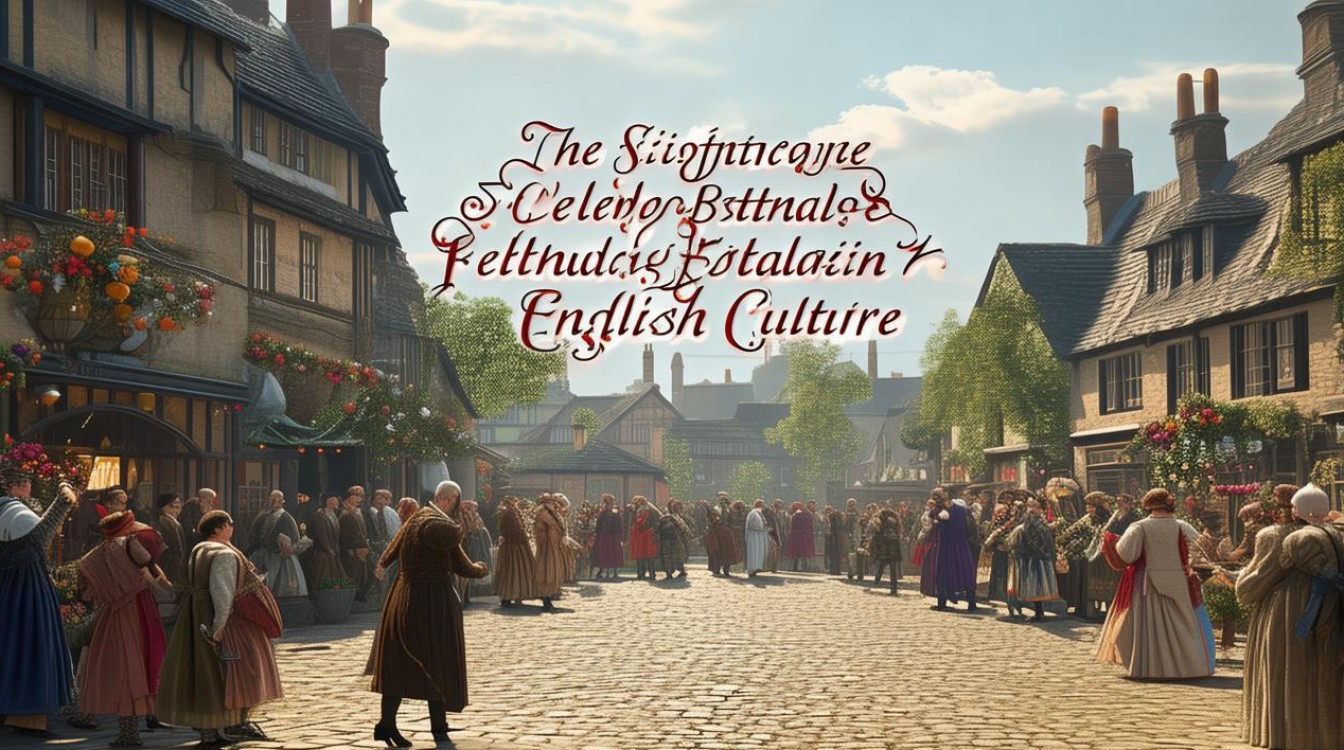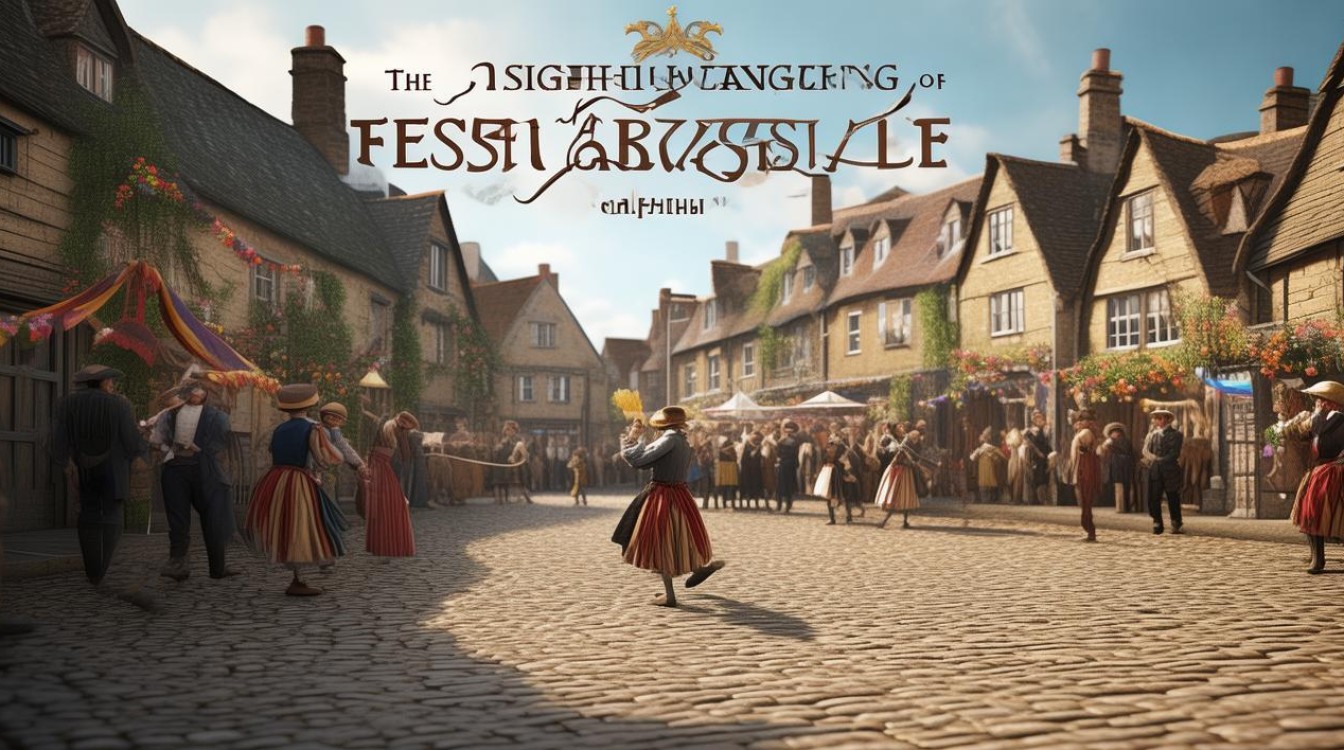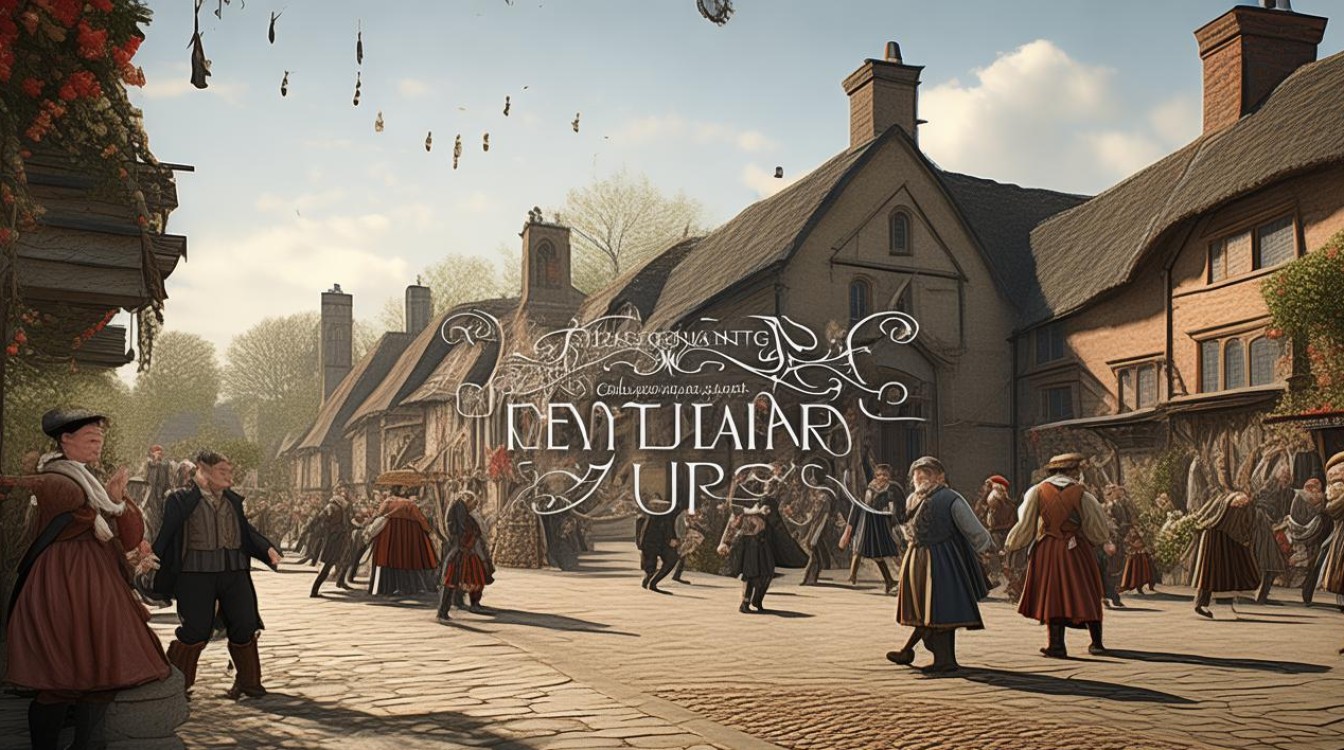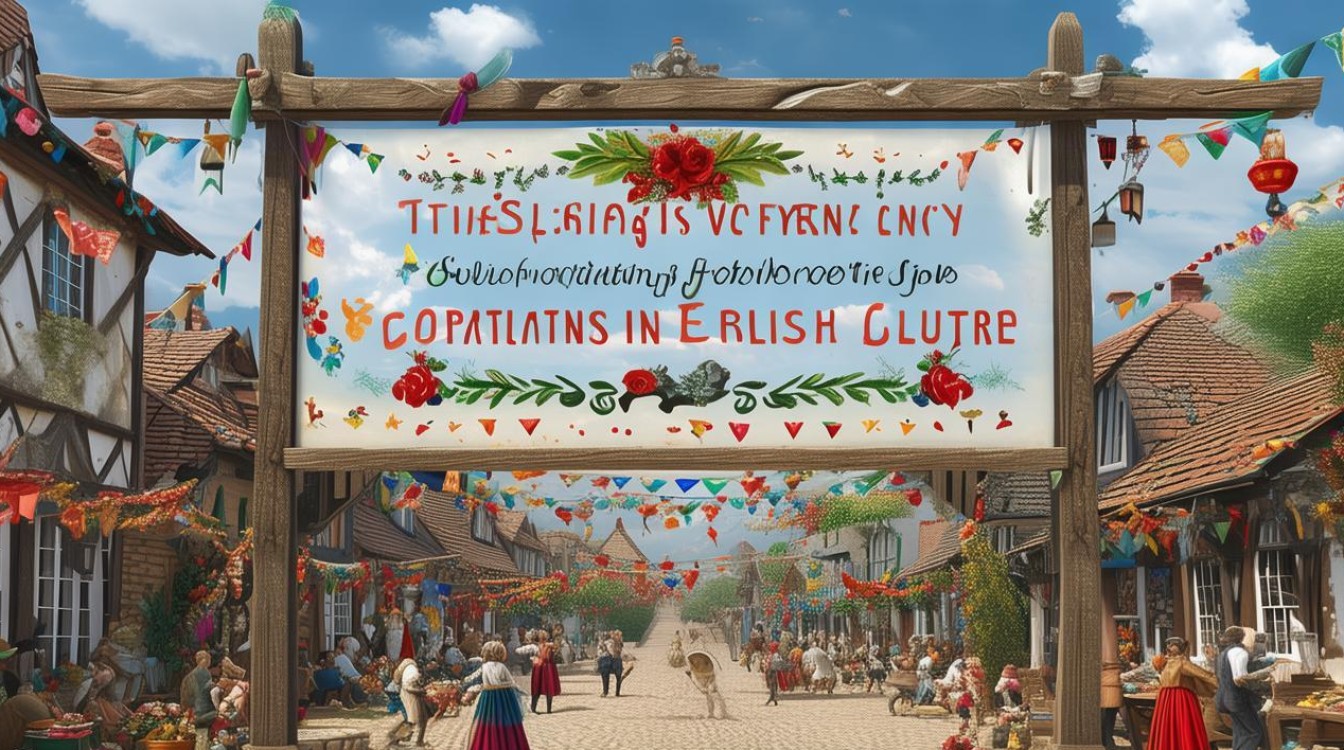Festivals hold a special place in every culture, serving as a bridge between tradition and modernity. In English-speaking countries, holidays are not just days off work or school; they are vibrant expressions of history, values, and community spirit. Understanding how these celebrations are observed provides insight into the cultural fabric of societies where English is the primary language.

The Role of Festivals in Cultural Identity
From Christmas to Thanksgiving, festivals shape national identity. Christmas, for example, transcends its religious origins to become a universal celebration of generosity and family. The exchange of gifts, decorating trees, and singing carols are traditions that unite people across different backgrounds. Similarly, Thanksgiving in the United States emphasizes gratitude, bringing families together over a shared meal. These customs reinforce social bonds and pass values to younger generations.
In the UK, Bonfire Night commemorates the failed Gunpowder Plot of 1605 with fireworks and bonfires. This event blends history with spectacle, reminding citizens of their collective past. Such celebrations are not merely about entertainment; they preserve stories that define a nation’s character.
How Festivals Foster Community
Public holidays often involve communal activities that strengthen relationships. In Australia, Anzac Day sees veterans and civilians gathering at dawn services to honor military service. The sense of solidarity during these moments is palpable. Parades, shared meals, and public ceremonies create opportunities for strangers to connect, fostering a sense of belonging.
Local festivals also play a crucial role. The Edinburgh Festival Fringe, the world’s largest arts festival, transforms the Scottish city into a hub of creativity. Artists and audiences from around the globe converge, making it a celebration of diversity and innovation. Events like these highlight how festivals can turn cities into stages for cultural exchange.
The Evolution of Holiday Traditions
Traditions are not static; they evolve with society. Halloween, once a solemn Celtic festival, is now a playful event marked by costumes and trick-or-treating. This shift reflects changing attitudes toward folklore and community engagement. The commercialization of holidays, such as Valentine’s Day, has also introduced new rituals—exchanging cards or dining out—that blend old sentiments with modern convenience.
Even religious observances adapt. Easter in English-speaking countries combines church services with egg hunts and chocolate treats, appealing to both devout and secular participants. This flexibility ensures festivals remain relevant across generations.

Personal Reflections on Festival Experiences
Having participated in various celebrations, the warmth of these occasions stands out. Attending a Fourth of July barbecue in the U.S., I witnessed how food, music, and fireworks could turn strangers into friends. In Ireland, St. Patrick’s Day was more than wearing green; it was a lively expression of national pride, with streets filled with laughter and dance.
Festivals also offer a chance to pause and reflect. New Year’s Eve, for instance, prompts introspection and resolutions. The collective countdown to midnight symbolizes hope and renewal, a moment where individual aspirations align with communal optimism.
The Global Influence of English-Language Festivals
English-speaking holidays have gained international appeal. Black Friday sales now occur worldwide, and Halloween parties are hosted in cities far from their origins. This globalization raises questions about cultural appropriation versus appreciation. While some argue these adaptations dilute traditions, others see them as proof of cultural vitality.
The spread of these festivals also encourages multilingualism. Learning about Thanksgiving or Australia Day often involves engaging with English-language resources, making holidays an informal educational tool.
Challenges in Preserving Authenticity
As festivals grow more commercialized, there’s a risk of losing their original meaning. Christmas, for some, has become more about shopping than spirituality. Balancing tradition with modernity is an ongoing challenge. Communities must decide which elements to retain and which to reinterpret.
Environmental concerns also arise. Fireworks during Diwali or Guy Fawkes Night contribute to pollution. Some cities now opt for eco-friendly alternatives, showing how sustainability can become part of festive practices.

Why Festivals Matter Beyond the Surface
Celebrations are more than just fun; they are a testament to human creativity and resilience. During the pandemic, virtual gatherings replaced physical ones, proving that the essence of festivals—connection—could adapt to extraordinary circumstances. This adaptability underscores their enduring importance.
Festivals also serve as economic engines. Tourism spikes during events like Mardi Gras in New Orleans or the Chelsea Flower Show in London, benefiting local businesses. The cultural capital generated by these occasions is invaluable.
Embracing Festivals in Language Learning
For English learners, understanding festivals is a gateway to fluency. Idioms like “trim the tree” or “light the menorah” carry cultural weight. Participating in holiday-themed language activities—writing Christmas cards or discussing Thanksgiving recipes—enhances vocabulary while deepening cultural empathy.
Educators often use festivals as teaching tools. A lesson on Harvest Festival in the UK might include vocabulary about agriculture, gratitude, and sharing. This approach makes language learning dynamic and context-rich.
The Future of Festivals in a Changing World
As societies become more diverse, inclusivity in celebrations grows essential. Acknowledging holidays like Eid or Diwali in predominantly English-speaking countries reflects this shift. Hybrid festivals, blending elements from different cultures, may become the norm, enriching communal life.
Technology will likely play a bigger role. Augmented reality could transform how we experience historical events like Independence Day. Virtual reality might allow people to “attend” festivals globally, breaking geographical barriers.

Festivals are a living tradition, constantly reshaped by those who celebrate them. They remind us of our shared humanity, offering joy, reflection, and connection. Whether through ancient rituals or modern innovations, these occasions continue to define and unite communities.
The next time you join a holiday celebration, consider the layers of meaning beneath the surface. From historical roots to contemporary expressions, festivals are a powerful force in cultural continuity. Their ability to adapt while retaining core values ensures they remain a vital part of our lives.

